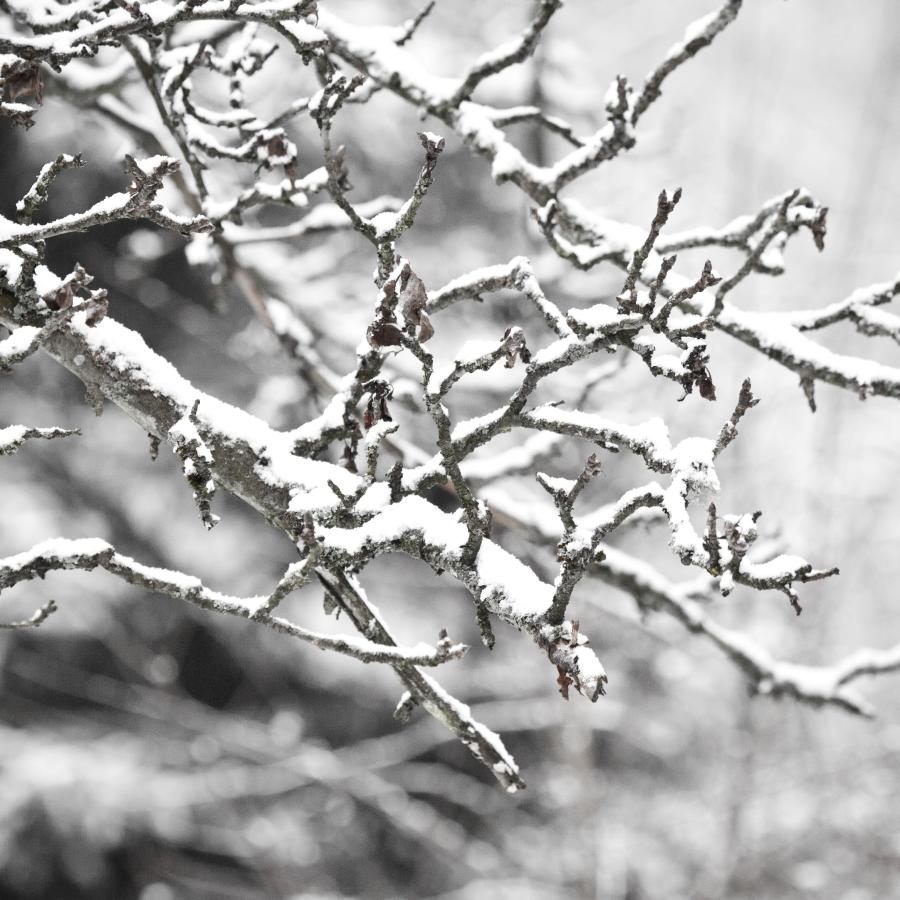How Do Pests Survive the Winter?

Simply put, overwintering is how an insect passes the winter season. Many insects overwinter as adults, pupae, or eggs. They can overwinter inside buildings, under tree bark, or beneath fallen leaves or other plant matter on the ground, among other places.
Ladybugs, boxelder bugs, caterpillars, butterflies, stink bugs, crickets, moths, flies, spiders, and mosquitoes are all pests that will overwinter.
Ways Insects Survive the Winter
Migration
Some insects escape the cold entirely by moving to warmer areas.
- Monarch butterflies travel south to survive winter temperatures.
- Dragonflies, beetles, butterflies, and moths migrate from southern states into northern areas in spring to continue their life cycles.
Seeking Shelter
Many insects survive by finding protected spots to stay warm during winter.
- Adult wasps look for attics, eaves, or cracks in buildings.
- Spiders may enter homes to avoid the cold.
- Honeybees remain in hives, clustering together and vibrating wing muscles to maintain warmth.
Freeze Tolerance
Some insects survive cold winters thanks to genetic and physiological adaptations.
- Certain nymphs of grasshoppers, cockroaches, dragonflies, mayflies, and stoneflies can endure temperatures as low as 23ºF (-5ºC) without freezing.
- Adaptations include producing antifreeze compounds, adjusting sugar or alcohol levels in their blood, and finding warmer microhabitats.
- Eggs of species like corn rootworms and praying mantids also survive winter through chemical resistance to freezing.
Burrowing and Ground Protection
Immature insects often survive winter by hiding under debris or burrowing in soil.
- Woolly bear caterpillars are protected by heavy piles of leaves.
- Grubs and pupae burrow into soil or remain under plant matter.
- Spiders and some larvae use similar strategies, staying beneath leaves or plant debris for insulation.
What Winter Means for Insects
Overwintering is not hard for insects, especially in mild winters or when temperatures stay steady. Heavy snow can insulate insects, and many go into a state where growth, development, and activity pause. Their metabolism stays just high enough to survive.
Even in winter, pests are still around—they’re just waiting it out until spring.
Protecting Your Home from Overwintering Pests
Even when it’s cold outside, pests can still find ways to enter your home or business to stay warm. If you notice insects around windows, attics, or basements during winter, it’s a good idea to take action before they multiply in spring.
For expert advice on keeping pests out year-round, check out our pest control services. Our team can help identify potential entry points, apply treatments if needed, and give tips to reduce the risk of infestations during the winter months.

